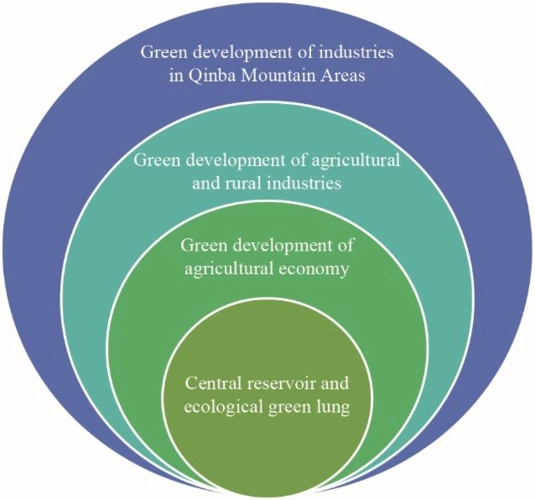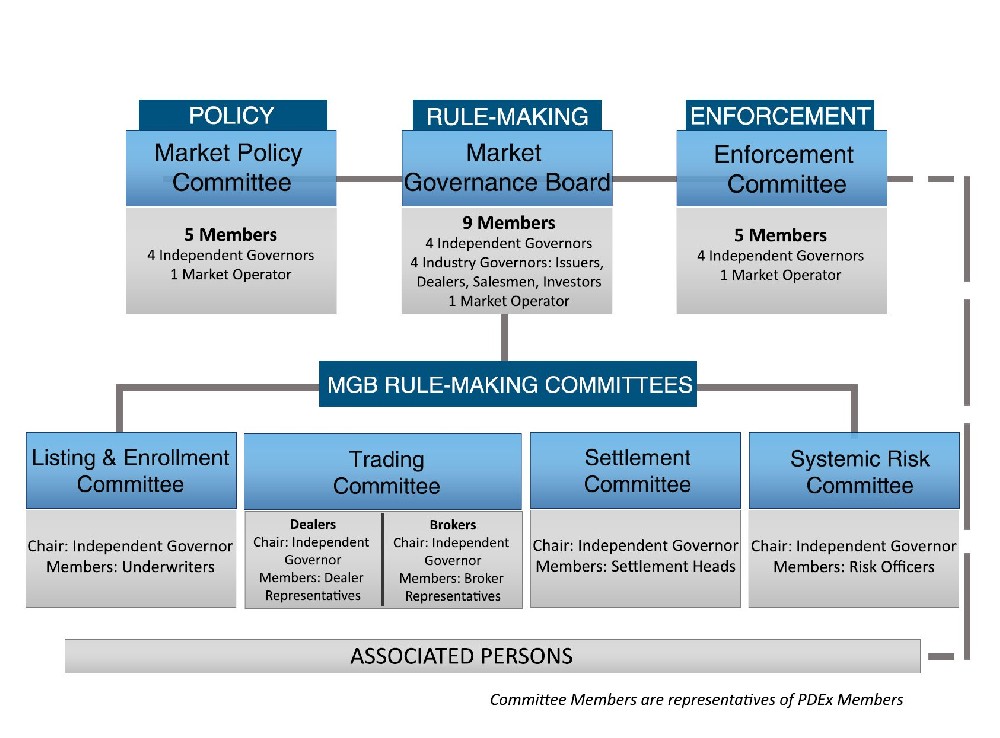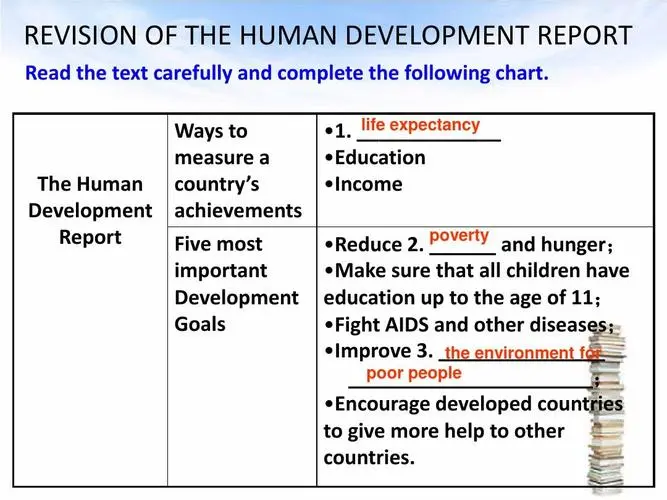The causes and risk prevention of financial crisis in emerging market economy countries are important topics for researchers, policymakers, and practitioners who are interested in the stability and development of these countries. According to the web search results that I found using the query “The Causes and Risk Prevention of Financial Crisis in Emerging Market Economy Countries”, here are some of the main points and insights that I can share with you:
One of the sources that I found is a working paper by Frederic S. Mishkin titled "Financial Policies and the Prevention of Financial Crises in Emerging Market Countries". This paper outlines a set of financial policies that can help make financial crises less likely in emerging market countries. To justify these policies, the paper first explains what a financial crisis is, the factors that promote a financial crisis, and the dynamics of a financial crisis. It then examines twelve basic areas of financial policies to prevent financial crises: 1) prudential supervision, 2) accounting and disclosure requirements, 3) legal and judicial systems, 4) market-based discipline, 5) entry of foreign banks, 6) capital controls, 7) reduction of the role of state-owned financial institutions, 8) restrictions on foreign-denominated debt, 9) elimination of too-big-to-fail in the corporate sector, 10) sequencing financial liberalization, 11) monetary policy and price stability, 12) exchange rate regimes and foreign exchange reserves.
Another source that I found is a book edited by Martin Feldstein titled "Economic and Financial Crises in Emerging Market Economies". This book presents accessible papers and commentaries on the topic not only from leading academic economists, but also from high-ranking government officials, senior policymakers at international institutions, and major financial investors. The book covers various types of crises, such as currency, banking, debt, and contagion crises, and the role and impact of regulation, capital requirements, stress testing, and corporate governance on risk management. The book also provides firsthand accounts of what really went on behind the scenes during the crises, giving us a rare glimpse into how international economic policy decisions are actually made.
A third source that I found is a paper by Nadeem Ul Haque and Abbas Mirakhor titled "The Causes and Risk Prevention of Financial Crisis in Emerging Market Economy Countries". This paper analyzes the causes and consequences of financial crises in emerging market economy countries from an Islamic perspective. It argues that the conventional financial system, based on interest, debt, and speculation, is inherently unstable and prone to crises. It also suggests that the Islamic financial system, based on risk-sharing, equity, and real asset-backed transactions, can offer a more stable and resilient alternative. The paper proposes some policy recommendations for emerging market economy countries to adopt the Islamic financial system and to prevent financial crises.







